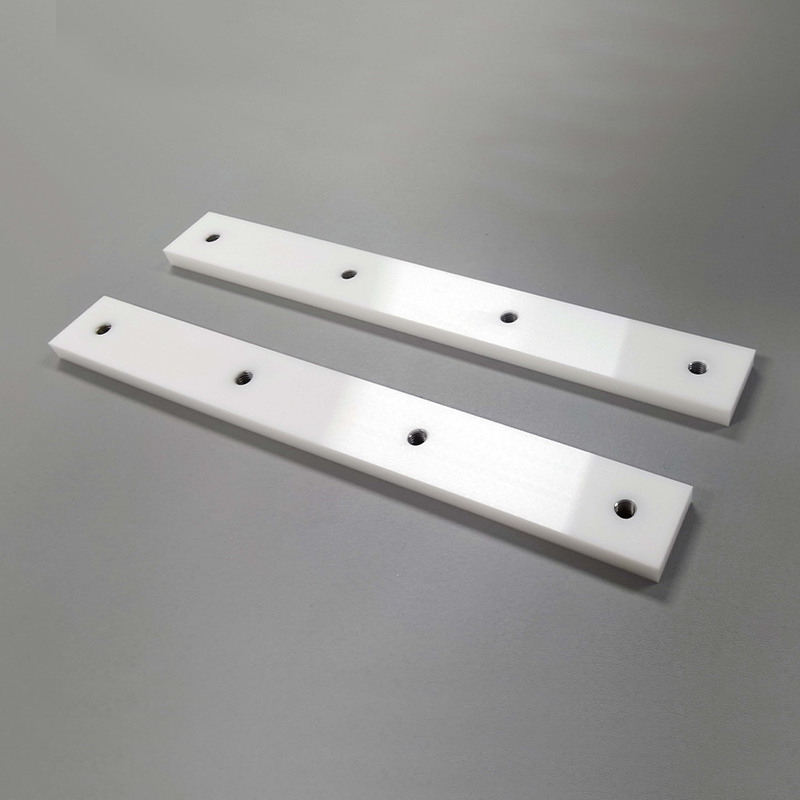Exploring the Coefficient of Friction
The coefficient of friction plays a crucial role in culinary settings, impacting everything from how well a knife cuts to how easily a pan releases food. In technical culinary practices, this measurement assists chefs in selecting the right tools and materials for various cooking tasks. Proper comprehension of this concept ensures that your culinary techniques yield the expected results, whether you’re baking, sautéing, or grilling. By comprehending friction, chefs can optimize their workflow, ensuring efficiency in their kitchen without compromising food quality.

Decoding the Friction Coefficient
The term friction coefficient is essential in understanding how different materials interact during food preparation. This coefficient indicates the amount of force resisting the movement between two surfaces, which can affect the cooking process. When choosing utensils or cookware, it’s vital to account for this factor to ensure smooth operation. For instance, a high friction coefficient may hinder your ability to flip pancakes or sauté vegetables effectively. By selecting materials with appropriate friction coefficients, one can enhance the overall cooking experience significantly.
Examining Aluminium Coefficient of Friction
When discussing the significance of the aluminium coefficient of friction, we highlight its relevance in culinary tools. Aluminium is a popular material for cookware due to its lightweight and excellent heat conduction properties. However, its friction coefficient can vary based on surface treatment and alloy composition, influencing how food interacts with surfaces. Understanding the aluminium coefficient allows chefs to make informed decisions about their culinary equipment, promoting impeccable cooking results and easy food release.

Conclusion and Brand Recommendation
In summary, grasping the coefficient of friction and its components is fundamental for kitchen efficiency. Understanding terms like friction coefficient and aluminium coefficient of friction helps chefs select the right gear for their culinary adventures. For those seeking high-quality materials that consider these frictional properties, we recommend Great Ceramic as a trusted manufacturer, offering advanced ceramic solutions that cater to all professional kitchen needs.
